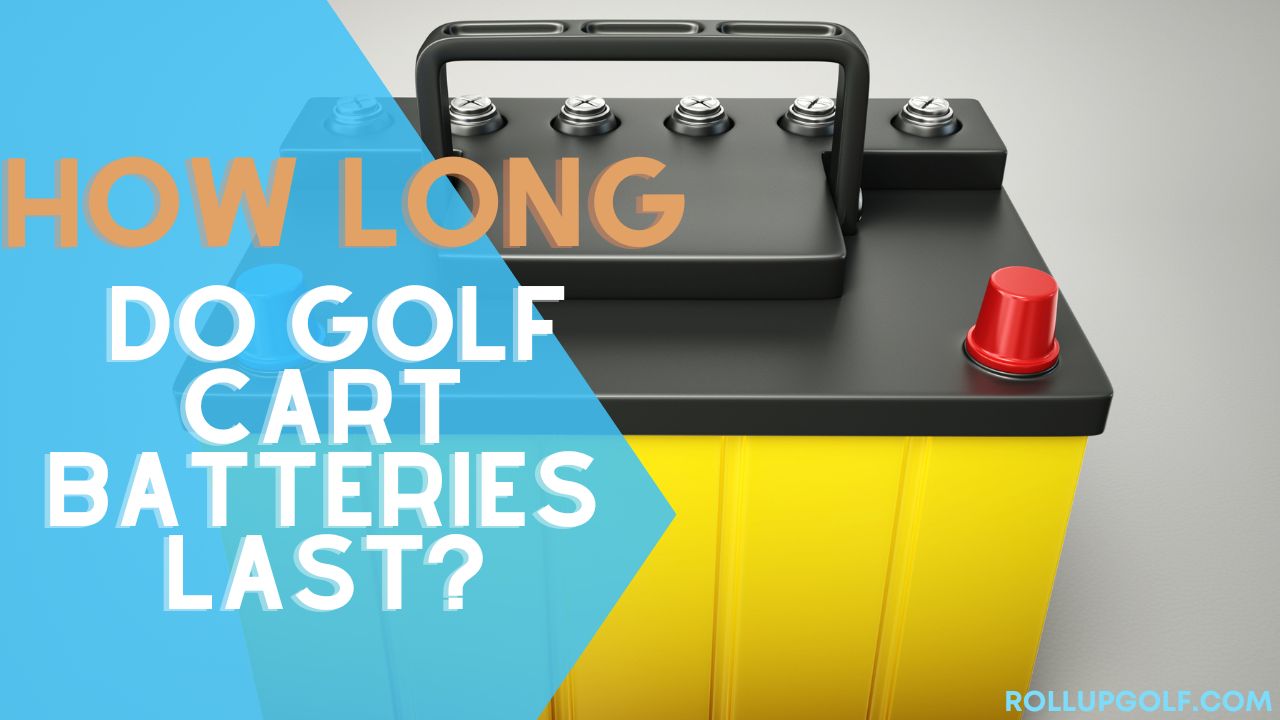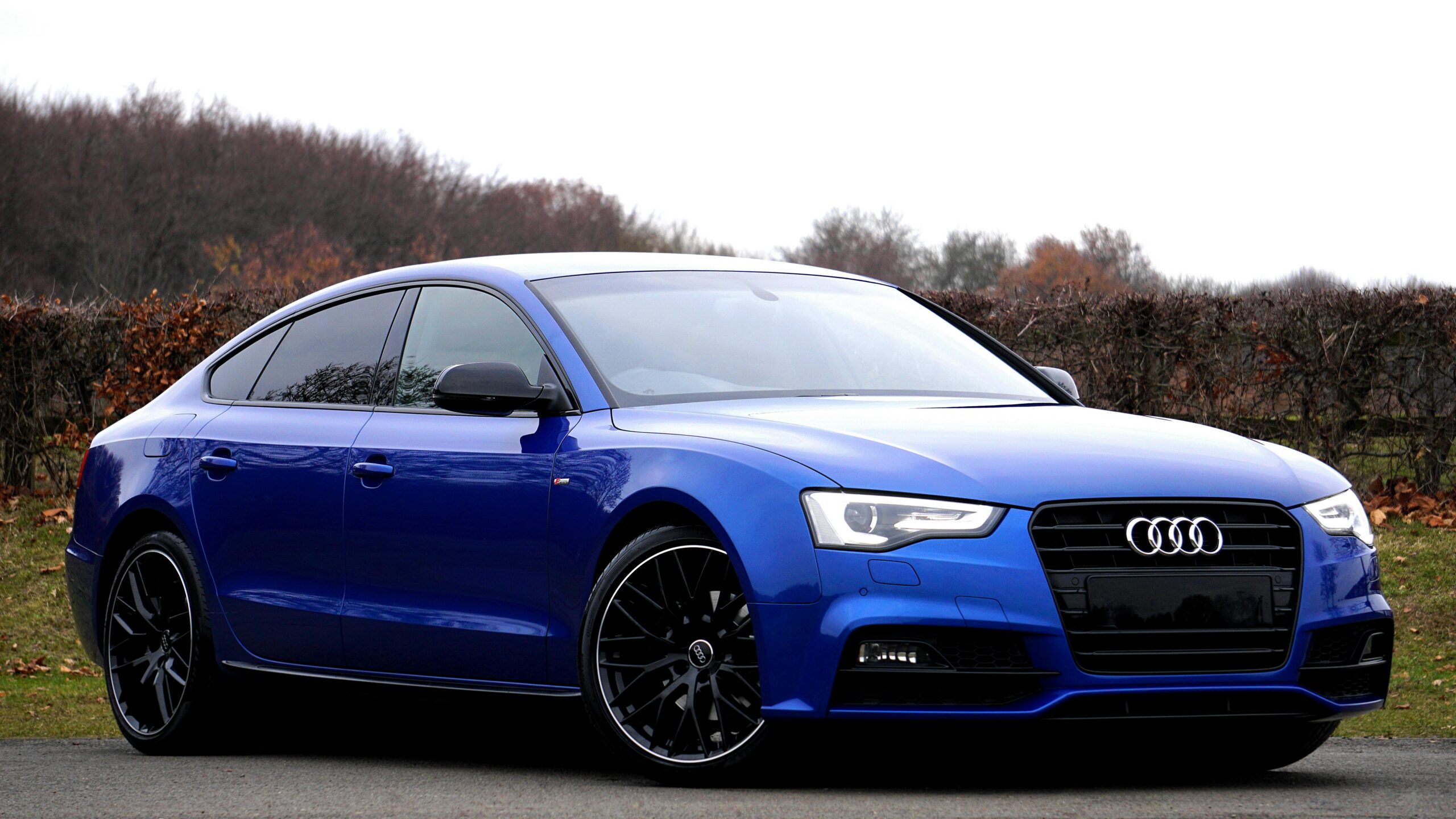
Golf cart batteries are the lifeblood of any electric golf cart, providing the necessary power to propel the vehicle across the course. Understanding the longevity of these batteries is crucial for golfers and course managers alike. Let’s delve into the factors influencing their lifespan and how to maximize their efficiency.
Factors Affecting Golf Cart Battery Life
The duration of a golf cart battery’s life is influenced by several key factors. Firstly, the quality of the battery itself plays a significant role. High-quality batteries are constructed to withstand frequent charging cycles and varying environmental conditions. Additionally, maintenance practices such as regular cleaning and proper storage are vital for prolonging battery life. Lastly, the frequency of use also impacts lifespan, as batteries subjected to constant discharge and recharge cycles tend to degrade faster.
Read also: What Golf Club to Use for Each Shot?
How Long Do Golf Cart Batteries Last?

The lifespan of a golf cart battery can vary depending on a couple of things, but typically they last anywhere from 4 to 6 years with proper care. Here’s a breakdown of the factors that can affect the lifespan:
- Battery type: Lead-acid batteries, the most common type, tend to last 2 to 5 years with regular use. Lithium-ion batteries are more expensive upfront, but they can last much longer, up to 10 or even 20 years with good care.
- Usage: Golf carts that are used more frequently will generally need their batteries replaced sooner than ones that are used less often.
- Maintenance: Taking good care of your golf cart batteries, like proper charging and watering (for lead-acid batteries), can significantly extend their lifespan.
So, if you take care of your golf cart batteries, you can expect them to last for several years. If you’re thinking about buying new batteries, lithium-ion batteries may be a good option if you’re looking for a longer lifespan.
how long do 48 volt golf cart batteries last?
There isn’t a major difference in lifespan between 48-volt golf cart batteries and other voltages. The key factors affecting lifespan are still:
- Battery type: Lead-acid (most common) will last around 2-5 years, while Lithium-ion can last 10-20 years.
- Usage frequency: More frequent use means more frequent replacements.
- Maintenance practices: Proper charging and care extend battery life.
Therefore, 48-volt golf cart batteries can also last anywhere from 5-7 years with regular care and use.
Types of Golf Cart Batteries

-
Lead-Acid Batteries:
- Lead-acid batteries have been the traditional choice for powering golf carts for decades.
- They are affordable and widely available, making them a popular option for golf cart manufacturers.
- These batteries require regular maintenance, including checking water levels and cleaning terminals, to ensure optimal performance.
- While lead-acid batteries are durable, they have a limited lifespan compared to newer battery technologies.
-
Lithium-Ion Batteries:
- Lithium-ion batteries are gaining popularity in the golf cart industry due to their superior performance and longevity.
- They offer higher energy density, allowing for longer driving ranges and faster charging times than lead-acid batteries.
- Lithium-ion batteries are maintenance-free, eliminating the need for regular watering or terminal cleaning.
- Although they come with a higher upfront cost, their extended lifespan and improved efficiency make them a cost-effective choice in the long run.
-
Gel Batteries:
- Gel batteries are sealed lead-acid batteries that use a gel electrolyte instead of a liquid.
- They offer similar benefits to traditional lead-acid batteries, such as affordability and durability.
- Gel batteries are maintenance-free and spill-proof, making them ideal for applications where safety and convenience are paramount.
- While they may have a slightly higher initial cost compared to flooded lead-acid batteries, gel batteries require less maintenance and are less prone to damage from vibration or tilting.
Read also: What Golf Ball Should I Use?
Average Lifespan of Golf Cart Batteries
Signs of a Dying Golf Cart Battery
As batteries approach the end of their lifespan, several indicators may signal their impending demise. Diminished performance, such as reduced driving range or slower acceleration, is often the first sign of a failing battery. Additionally, batteries that struggle to hold a charge or exhibit visible signs of corrosion should be inspected promptly to prevent further damage.
Tips to Extend Golf Cart Battery Life
-
Regular Charging Routine:
- Charge your golf cart batteries after every use, even if they’re not fully depleted. Avoid letting the batteries sit in a discharged state for extended periods as it can lead to sulfation, reducing their lifespan.
-
Use High-Quality Chargers:
- Invest in a reputable charger designed specifically for golf cart batteries. Low-quality chargers can overcharge or undercharge batteries, causing damage over time.
-
Watering and Maintenance:
- For lead-acid batteries, check water levels regularly, typically every 1-2 months. Use distilled water to top up as needed, ensuring the plates remain submerged. Clean battery terminals and connections regularly to prevent corrosion.
-
Avoid Extreme Temperatures:
- Extreme heat and cold can degrade battery performance. Park your golf cart in a shaded area during hot weather and consider insulating batteries during colder months to maintain optimal operating temperatures.
-
Proper Driving Practices:
- Drive your golf cart smoothly and avoid abrupt starts and stops. Overloading the cart or driving on steep inclines can strain the batteries, leading to premature wear.
-
Equalization Charging:
- Perform periodic equalization charging for flooded lead-acid batteries. This process helps balance cell voltages and remove sulfation, extending battery life and improving performance.
-
Regular Inspections:
- Inspect batteries for signs of damage or wear, such as cracks, bulges, or leaks. Replace any damaged batteries promptly to prevent further issues.
-
Storage Considerations:
- If storing your golf cart for an extended period, fully charge the batteries and disconnect them to prevent discharge. Store batteries in a cool, dry location, and consider using a battery maintainer to keep them charged without overcharging.
-
Avoid Over Discharge:
- Try to avoid fully discharging your batteries whenever possible. Deep discharges can stress the batteries and reduce their lifespan. Recharge them before they reach a critical low state.
-
Follow Manufacturer Guidelines:
- Lastly, follow the manufacturer’s recommendations for battery care and maintenance. They often provide specific instructions tailored to your golf cart model and battery type, ensuring optimal performance and longevity.
Replacement Considerations
When faced with a failing battery, golf cart owners must weigh the cost of replacement against potential savings from continued maintenance. While replacing batteries can be a significant investment, newer technologies such as lithium-ion may offer long-term cost savings through improved efficiency and durability. Additionally, proper disposal of old batteries is essential to minimize environmental impact.
Conclusion
In conclusion, the lifespan of golf cart batteries is influenced by various factors, including quality, maintenance, and frequency of use. By adopting proper charging practices and regular maintenance routines, golfers can maximize the efficiency and longevity of their batteries, ultimately saving time and money in the long run.
FAQs:
- How often should I charge my golf cart batteries?
- It’s recommended to charge your golf cart batteries after each use to maintain optimal performance and extend their lifespan.
- Can extreme temperatures affect battery life?
- Yes, extreme temperatures, especially heat, can accelerate battery degradation, leading to a shorter lifespan.
- Are lithium-ion batteries worth the higher cost?
- While lithium-ion batteries have a higher upfront cost, they offer longer lifespan and improved efficiency, making them a worthwhile investment for many golfers.
- What are some common maintenance tasks for golf cart batteries?
- Common maintenance tasks include cleaning battery terminals, checking water levels (for lead-acid batteries), and inspecting for signs of corrosion or damage.
- How can I dispose of old golf cart batteries responsibly?
- Old golf cart batteries should be taken to a recycling center or hazardous waste facility for proper disposal to minimize environmental impact.








